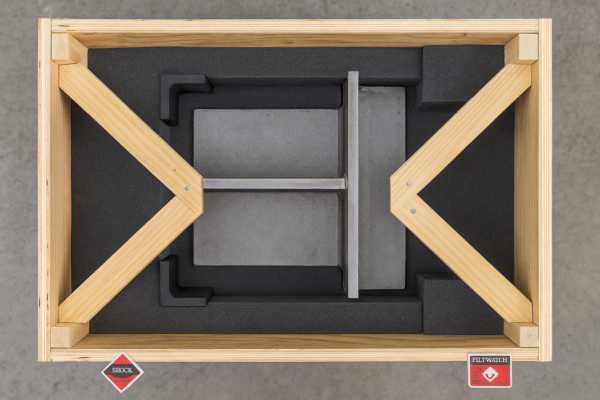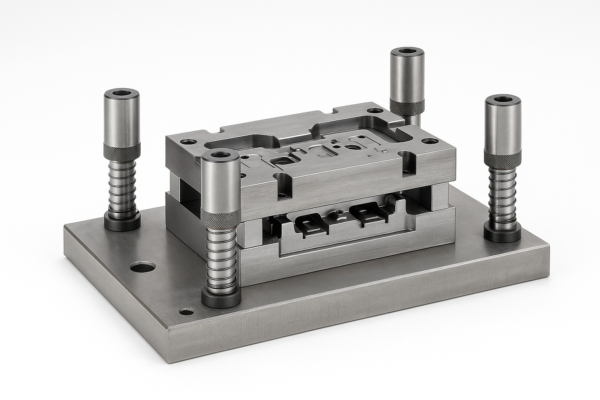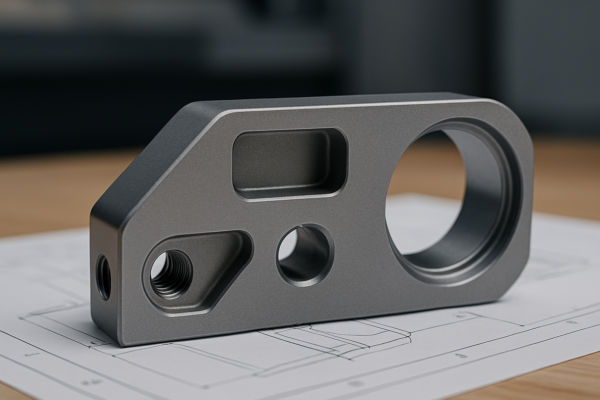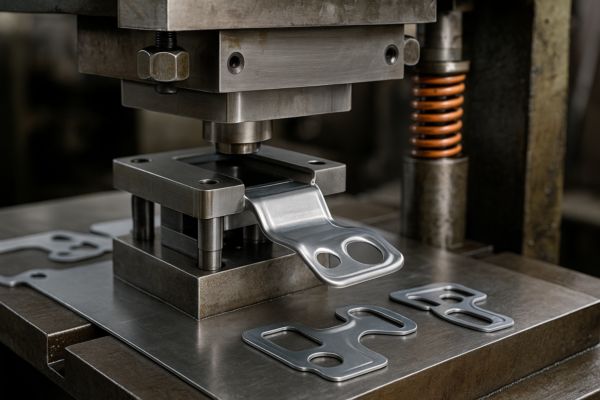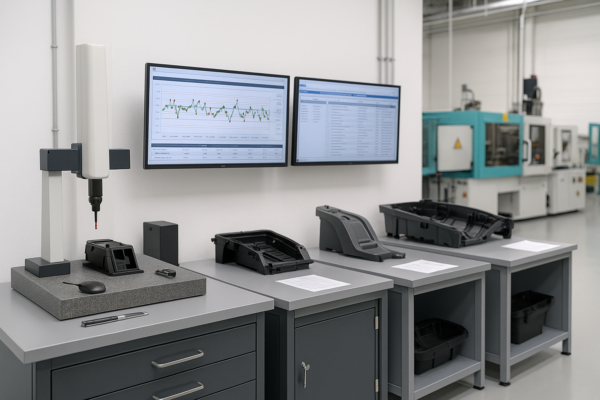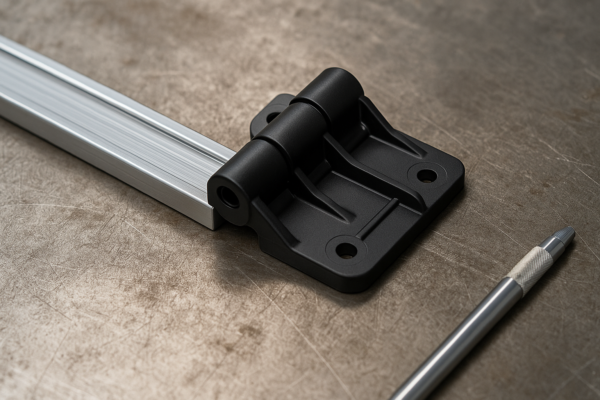What is a workshop for casting metal called?
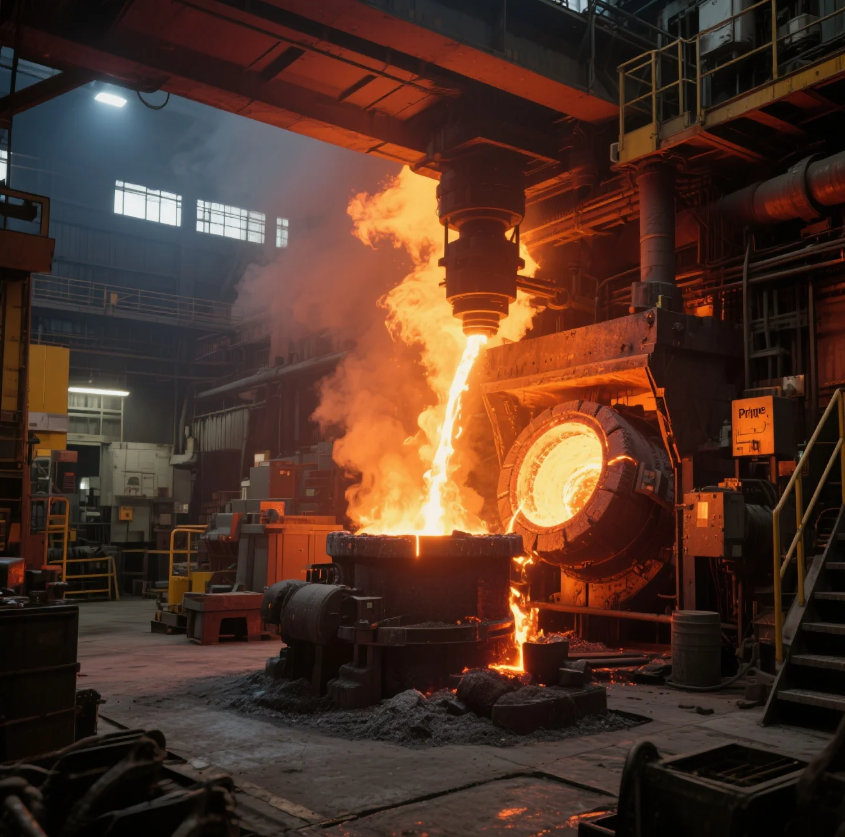
Curious what a metal casting workshop is really called?
A workshop for casting metal is called a "foundry." Foundries are specialized facilities where metal is melted, poured into molds, and cooled to create parts.
Foundries play a vital role in heavy industry, supplying everything from automotive frames to aerospace brackets. In this guide, we’ll explain what foundries do, what to call the professionals behind them, and how they fit into the global metalworking supply chain.
What is a metal workshop called?
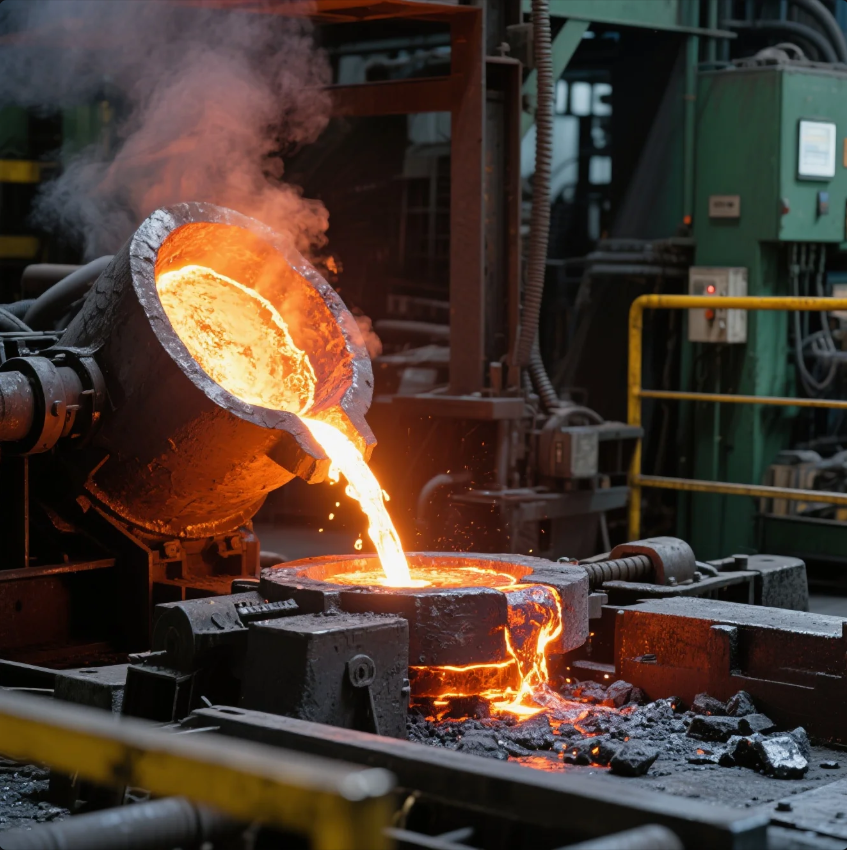
You might hear “machine shop,” “fabrication facility,” or “metal plant.” But if the workshop casts molten metal?
It’s called a foundry—a facility where metal is melted, poured into molds, and formed into solid parts.
Dive Deeper: What Happens in a Foundry?
Foundries specialize in high-temperature processes. At Prime, our casting workshop includes:
- Melting stations for aluminum, iron, and steel
- Sand mold and die mold zones
- Controlled cooling areas
- Post-processing (grinding, machining, surface finishing)
We operate both manual and automated casting lines, offering flexibility for small batches and high-volume orders.
Summary:
A metal casting workshop is a foundry—equipped to handle molten metals, mold fabrication, and finishing for industrial components.
What do you call someone who casts metal?
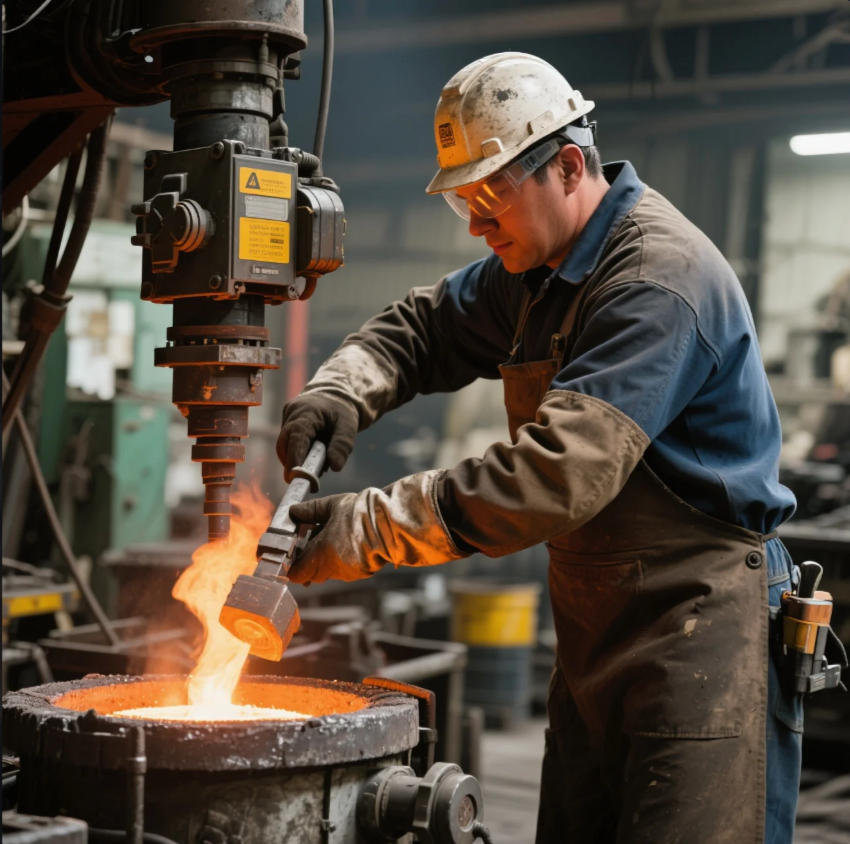
If the place is a foundry, what about the person?
Someone who casts metal is called a "foundry worker" or more specifically, a "metal caster" or "foundryman."
These professionals are trained to:
- Handle high-temperature materials safely
- Prepare and repair molds
- Monitor pour timing, temperatures, and flows
- Perform quality checks post-solidification
At Prime, our casting teams include:
- Foundry engineers (process design)
- Mold technicians (pattern and core work)
- Metal pourers (precision pouring operators)
Each role contributes to consistent dimensional accuracy, clean surfaces, and defect-free final parts.
Summary:
Metal casting is handled by foundry workers or metal casters—skilled professionals trained in mold prep, molten handling, and cooling control.
What industry is metal casting in?
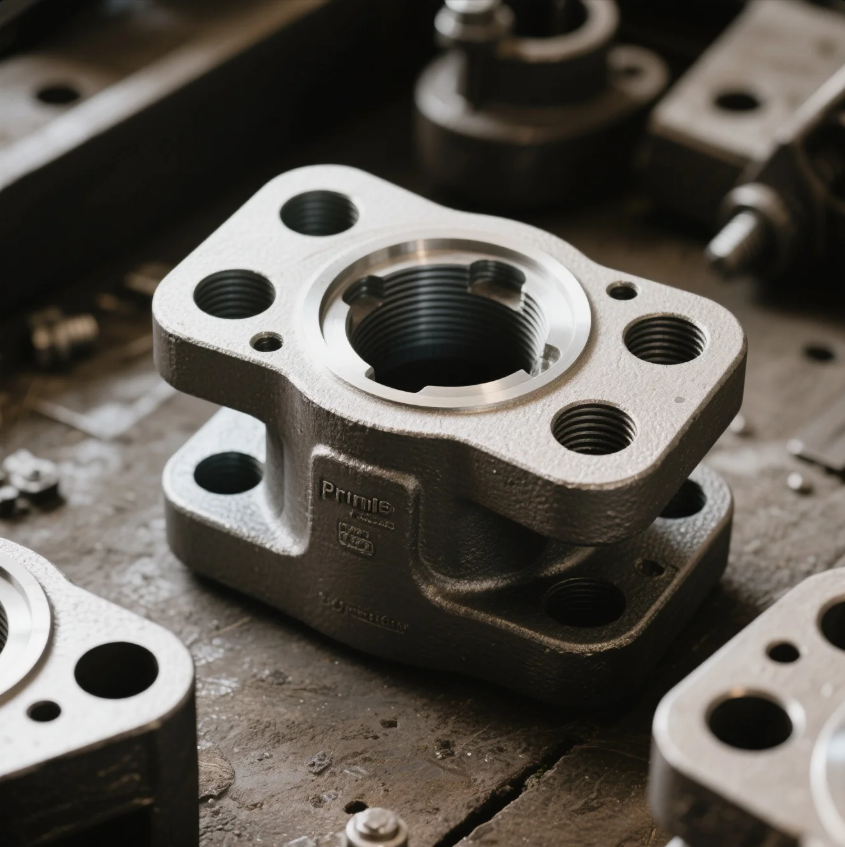
Metal casting is everywhere—from automotive to energy, but what industry does it belong to?
Metal casting belongs to the manufacturing industry—specifically the metalworking, foundry, and fabrication segments.
Dive Deeper: Industries that Rely on Metal Casting
| Sector | Use of Cast Parts |
|---|---|
| Automotive | Engine blocks, transmission housings |
| Aerospace | Turbine casings, brackets, fasteners |
| Construction machinery | Gearboxes, wheel hubs, structural bases |
| Oil & gas | Valves, pump bodies, impellers |
| Agriculture | Axle housings, frames, flanges |
At Prime, we serve B2B clients in over 20 countries—including OEMs and Tier 1 suppliers in the EU, North America, and the Middle East.
View Prime’s casting part capabilities →
Summary:
Metal casting is a core process in the manufacturing industry, supplying essential components across transportation, energy, and machinery sectors.
What is the difference between foundry and casting?
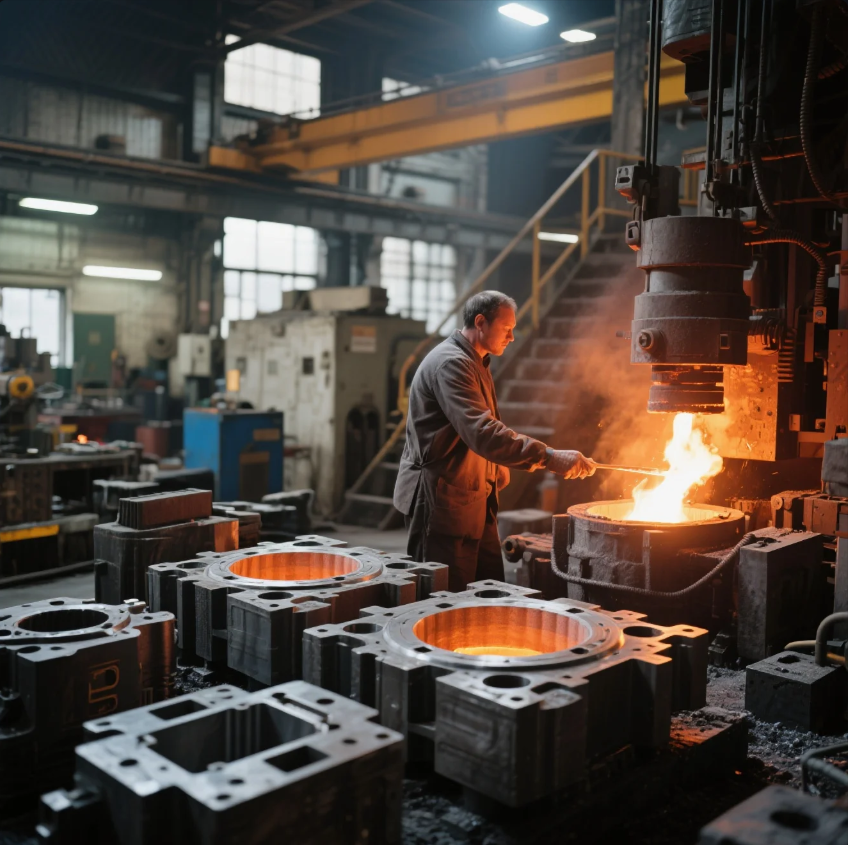
Some use the words interchangeably, but they aren’t the same.
A foundry is the facility; casting is the process. The foundry is where casting happens.
Foundry vs Casting: Defined
| Term | Meaning |
|---|---|
| Foundry | A workshop or facility where casting occurs |
| Casting | The act of pouring molten metal into a mold and letting it solidify |
At Prime, we offer both casting (the process) and machining (post-casting finishing). That means customers receive ready-to-install components—not just rough castings.
Summary:
“Foundry” refers to the place; “casting” is the process of shaping molten metal. Prime handles both from start to finish.
Frequently Asked Questions (FAQ)
❓ Is a foundry only for iron casting?
No.
Modern foundries like Prime handle a wide range of materials including aluminum, steel, brass, and specialty alloys.
❓ What’s the difference between sand casting and die casting?
Sand casting uses sand molds and is cost-effective for large, low-volume parts.
Die casting uses high-pressure metal molds for precision parts.
At Prime, we offer both.
❓ Can foundries provide finished parts?
Yes.
Prime provides casting + CNC machining + surface treatment for ready-to-use components.
❓ Are foundry parts precise?
Raw castings are not high-tolerance.
But Prime applies CNC machining after casting for accuracy.
❓ Should I use casting or another method?
Not sure? Contact Prime for a free evaluation—we’ll help you decide between casting, stamping, or CNC.
Conclusion
A workshop for casting metal is called a foundry—run by skilled foundry workers who manage molten materials and complex molds. Casting belongs to the industrial manufacturing sector, and it remains a critical process for automotive, machinery, and infrastructure applications.
Looking for a reliable metal casting partner?
Contact Prime today for expert advice, fast quotes, and ISO-certified production support. Whether you need custom iron castings, aluminum prototypes, or CNC-finished foundry parts, we deliver precision from mold to shipment.
📧 Email: [email protected]
🌐 Website: https://primecustomparts.com

